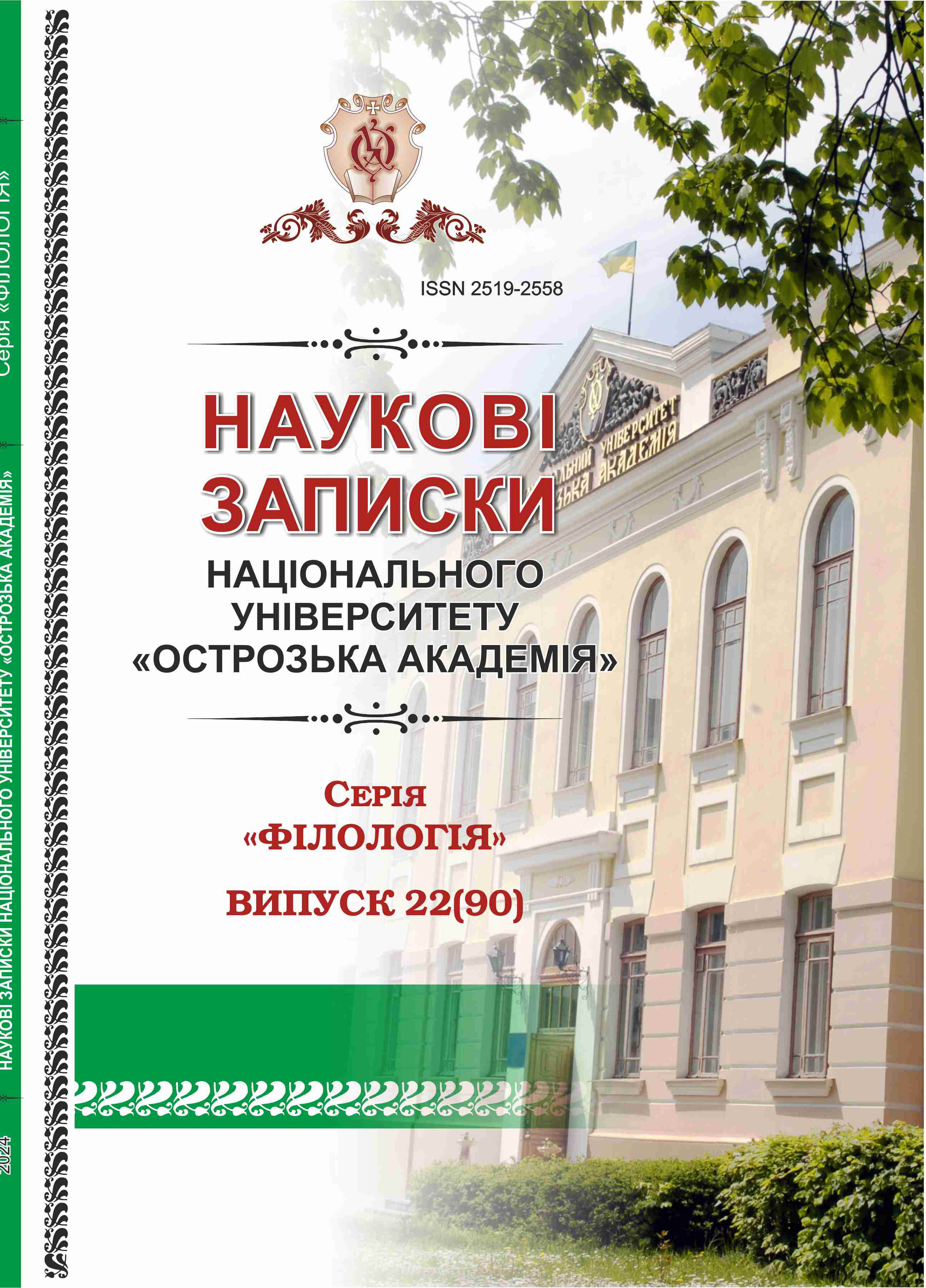АНГЛІЙСЬКА МОВА ДЛЯ АКАДЕМІЧНИХ ЦІЛЕЙ ДЛЯ ПІДГОТОВКИ МАГІСТРІВ ЗА ОСВІТНЬО-ПРОФЕСІЙНОЮ ПРОГРАМОЮ ФІЛОСОФІЯ: ОСОБЛИВОСТІ ПРЕДМЕТНО-МОВНОГО ІНТЕГРОВАНОГО НАВЧАННЯ
Ключові слова:
предметно-мовне інтегроване навчання (CLIL), англійська як основна мова викладання (EMI), англійська мова для академічних цілей (EAP), електронний навчально-методичний комплекс, метод TBL (навчання, що базується на завданнях) для створення академічного змістового контентуАнотація
У статті критично окреслено окремі аспекти методики предметно-мовного інтегрованого навчання (CLIL), практично впроваджені в розробці авторського електронного навчально-методичного комплексу дисципліни “Основи наукової комунікації іноземною мовою” для підготовки магістрів першого та другого року навчання за освітньо-професійною програмою 033.00.01 Філософія, затвердженою в Київському столичному університеті імені Бориса Грінченка в 2022 році. Серед позитивних здобутків інтегрованих педагогічних технологій для ефективного опанування предметної специфіки англійської мови в академічних цілях окреслені траєкторії вивчення потреб та очікувань, проектування системи формувальних вправ, варіативність та ранжування оцінки, розвиток критичного мислення та опанування стратегій аргументованого мовлення, командна та групова робота, SWOT аналіз новітніх досліджень у предметній галузі філософії. Водночас зазначено об’єктивні виклики, унаочнені теорією когнітивного навантаження: методика предметно-мовного інтегрованого навчання (CLIL) в аспекті вивчення академічної філософії охоплює багаторівневий людинотворчий значущий зміст, зумовлений предметною специфікою академічного філософування, де англійська мова для академічних цілей є первинним складником змістотворення. Враховуючи, що продуктивність навчального процесу прямо залежна від кількості когнітивних зусиль, затрачених на ідентифікацію, розпізнавання, осмислення та продукування інформації, фактичний академічний зміст професійно спрямованого дискурсу потенційно може призвести до погіршення очікуваних результатів навчання за умови неналежного рівня володіння англійською мовою, що є основною мовою викладання. Ефективне планування, виважене цілепокладання, оптимальне співвідношення фасилітаторської ролі викладача, активне залучення студентів до обміну досвідом за умов якісно організованої групової та парної взаємодії, систематичне впровадження комплексу формувальних вправ та ранжування кількісно вимірюваної оцінки через якісно та рефлексивно обґрунтовану виокремлено як педагогічні стратегії оптимального впровадження CLIL.

